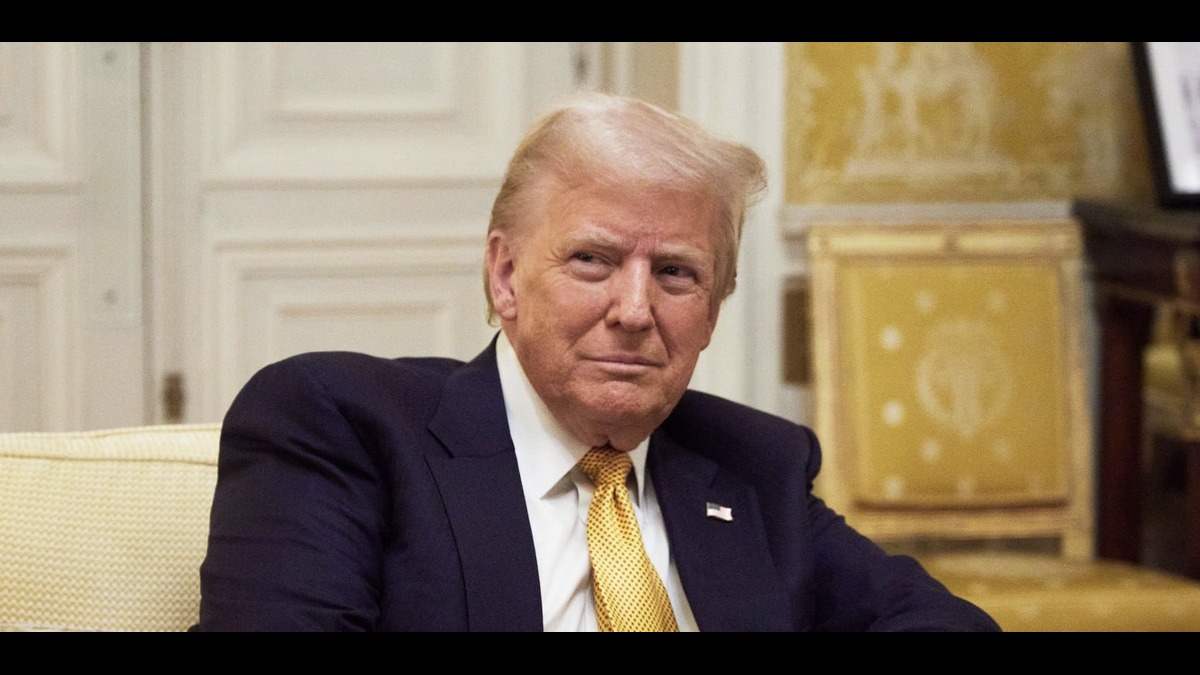Washington, D.C. – President Donald Trump has announced plans to impose “very serious tariffs” on Canada and Mexico, a move that could significantly impact North American trade relations.
Speaking at a press conference, Trump justified the decision by accusing Canada of benefiting from “massive subsidies” and failing to maintain a military force capable of defending itself. He also criticized Mexico for trade imbalances that he claims have disadvantaged American workers.
Economic Justifications and Political Rhetoric
Trump’s proposed tariffs align with his long-standing protectionist trade policies, which were a hallmark of his first term. “We are losing billions of dollars each year because these countries are taking advantage of us,” Trump stated.
“Canada receives over $200 billion in subsidies while not contributing its fair share to defense. That’s going to change.”
While details on the tariffs remain unclear, reports suggest they could target key industries such as aluminum, steel, and automotive manufacturing.
These measures echo Trump’s previous actions during his first term when he imposed tariffs on steel and aluminum imports, leading to retaliatory tariffs from both Canada and Mexico.
Potential Economic Impact
Economists warn that such tariffs could trigger economic disruptions across North America. The United States, Canada, and Mexico are deeply interconnected through the USMCA (United States-Mexico-Canada Agreement), a trade pact that replaced NAFTA in 2020.
“These tariffs could disrupt supply chains, increase production costs, and ultimately raise prices for American consumers,” said Dr. Robert Lansing, an international trade analyst at Georgetown University.
“Canada and Mexico are two of the largest trading partners of the U.S., and such tariffs could spark retaliation, harming American exporters.”
The auto industry, in particular, could face significant consequences. North American automakers rely on a complex web of suppliers across all three countries.
Higher tariffs on raw materials such as aluminum and steel would likely increase production costs, which could be passed on to consumers in the form of higher vehicle prices.
Canadian and Mexican Responses
Canadian Prime Minister Justin Trudeau responded swiftly to Trump’s remarks, warning that any tariffs would be met with reciprocal measures.
“Canada will always stand up for its workers and industries. If the U.S. imposes tariffs, we will take appropriate countermeasures to protect our economy,” Trudeau stated.
Similarly, Mexican President Claudia Sheinbaum condemned the move, calling it “an unjustified economic attack on a trusted partner.” Mexico has previously retaliated against U.S. tariffs by targeting politically sensitive industries, such as agriculture, with counter-tariffs.
Political Implications in the U.S.
Trump’s tariff announcement comes amid growing concerns about inflation and economic instability in the U.S. While his core voter base supports protectionist policies, some Republican lawmakers are wary of the potential economic fallout.
Senate Minority Leader Mitch McConnell voiced concerns about how these tariffs could hurt small businesses and manufacturers dependent on affordable imported materials.
Conversely, Trump’s supporters argue that these tariffs will help American workers by encouraging domestic production. “We need to bring jobs back to America and stop outsourcing our economy to foreign countries,” said Senator Josh Hawley, a staunch ally of Trump’s economic policies.
What could happen?
As President Trump moves forward with his tariff plans, North American trade relations face a period of uncertainty. If implemented, these tariffs could strain diplomatic ties, disrupt supply chains, and provoke economic retaliation from Canada and Mexico. With global markets closely watching, the coming weeks will be critical in determining whether these policies become reality or remain political posturing.
For now, businesses, policymakers, and consumers alike must brace for potential economic turbulence in the months ahead.
Stay Update! Elon Musk Power
